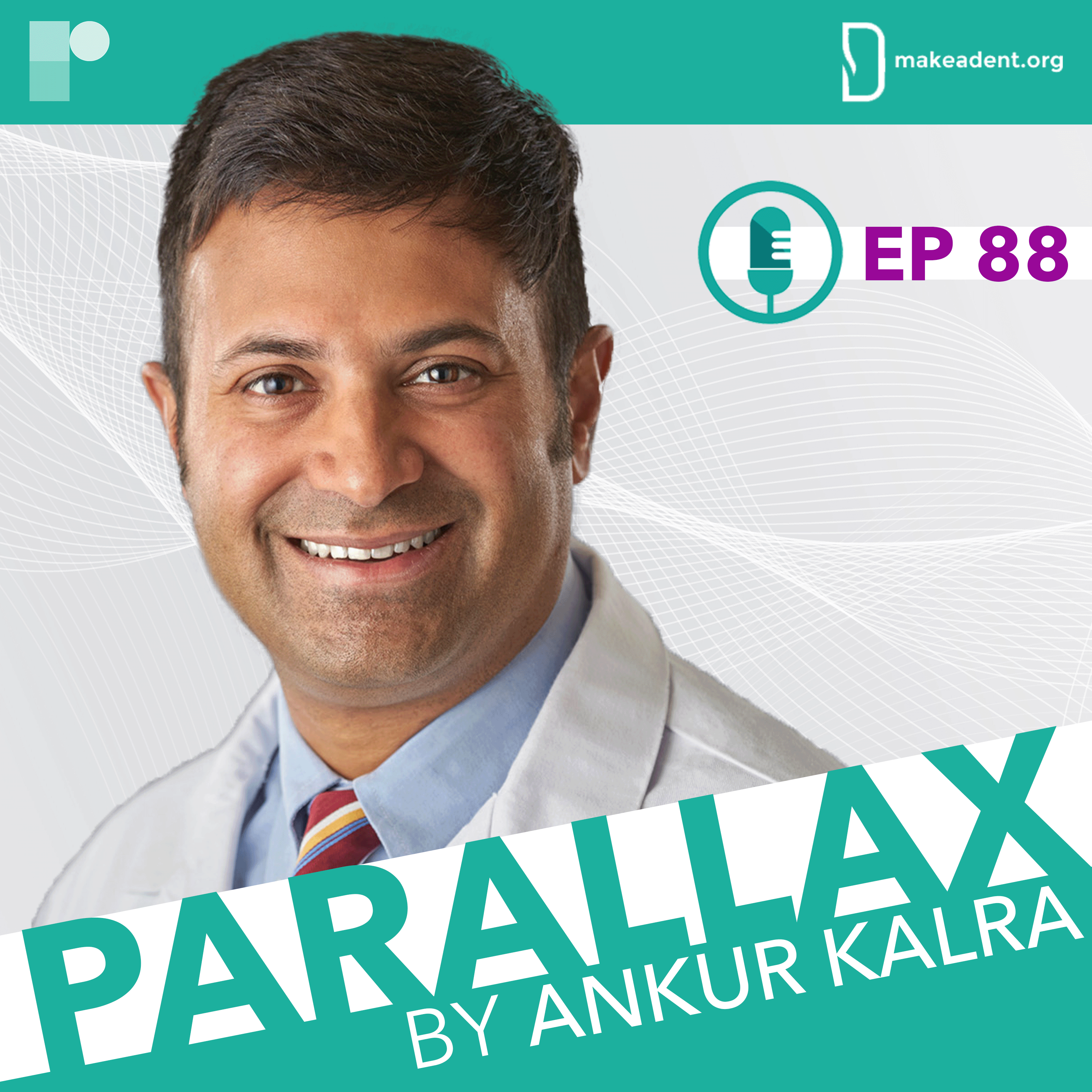
In the latest episode of Parallax, Dr Ankur Kalra invites Dr Vijay Rao, the Governor of the Indiana Chapter of the American College of Cardiology, to share his experience and insights with the audience.
Dr Rao, who also serves as the Director of Heart Failure, Cardio-oncology, and Co-Director of Anticoagulation at Franciscan St Francis Health, discusses what initially drew him to the Indiana State Chapter of ACC.
As Dr Kalra asks Dr Rao about the ways in which early career faculty members can get involved with the organization at a state level. Dr Rao shares his insider tips and highlights key events where individuals can further their participation.
Dr Rao also sheds light on the governorship election process and shares his learnings from his new role. He emphasizes the importance of advocacy and describes the chapter’s efforts to amplify the voice of cardiologists in relation to Roe v. Wade. Dr Rao encourages healthcare professionals to reframe their perspectives and get involved with advocacy. Dr Rao shares his future plans as a governor and previews the upcoming annual event of the Indiana Chapter.
Join Dr Kalra and Dr Rao in this engaging and thought-provoking episode of Parallax.
How can you get involved with your local ACC chapter? How can you improve your leadership skills? What is Dr Rao’s advice for our listeners?

What is the Global Cardiology University project? How does Dr Anavekar encourage trainees to re-examine their role in patient care? What is his advice to our listeners?


Parallax’s guest this week is Dr Eric David Adler, Medical director of heart transplant and mechanical circulatory support at UC San Diego Health.

How did Dr Gragossian receive her diagnosis? How does she feel about her new reality? What drives her? What is her message to our listeners?

Just after 9/11, Heval, the 18-year-old Syrian Kurdish refugee found a job as a dishwasher. At this point, he was the sole provider of his family. The pressure that comes from being poor did not leave him for many years. Today, he is firm believer in giving back to underserved communities by spreading awareness within the medical community. As he says, well-meaning people of privilege are sometimes afraid to act. What we need is more people to bridge the gap and find ways to help each other.

What drives Dr Nishtha Sodhi? What were the formative moments of Dr Sodhi’s career? What are the new frontiers of cardiology?






